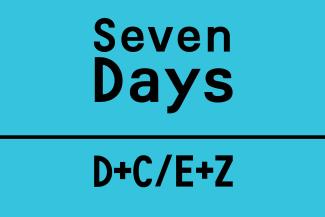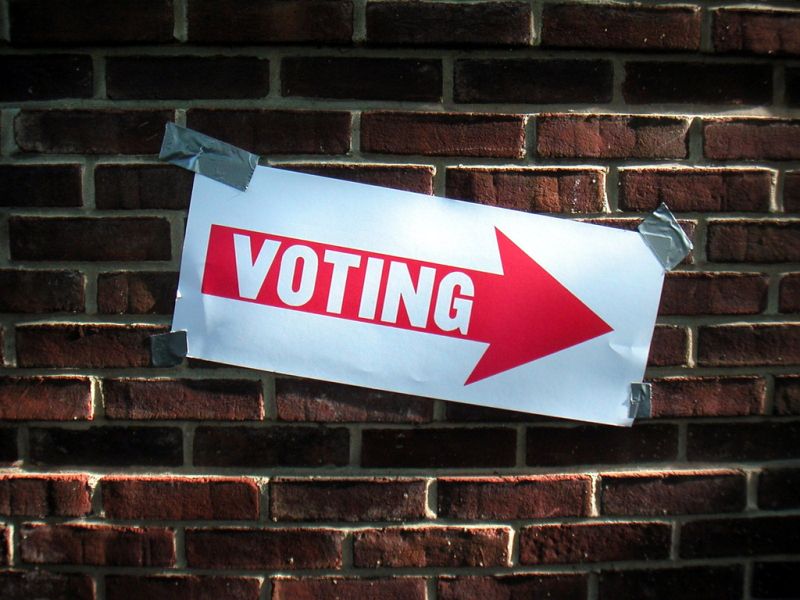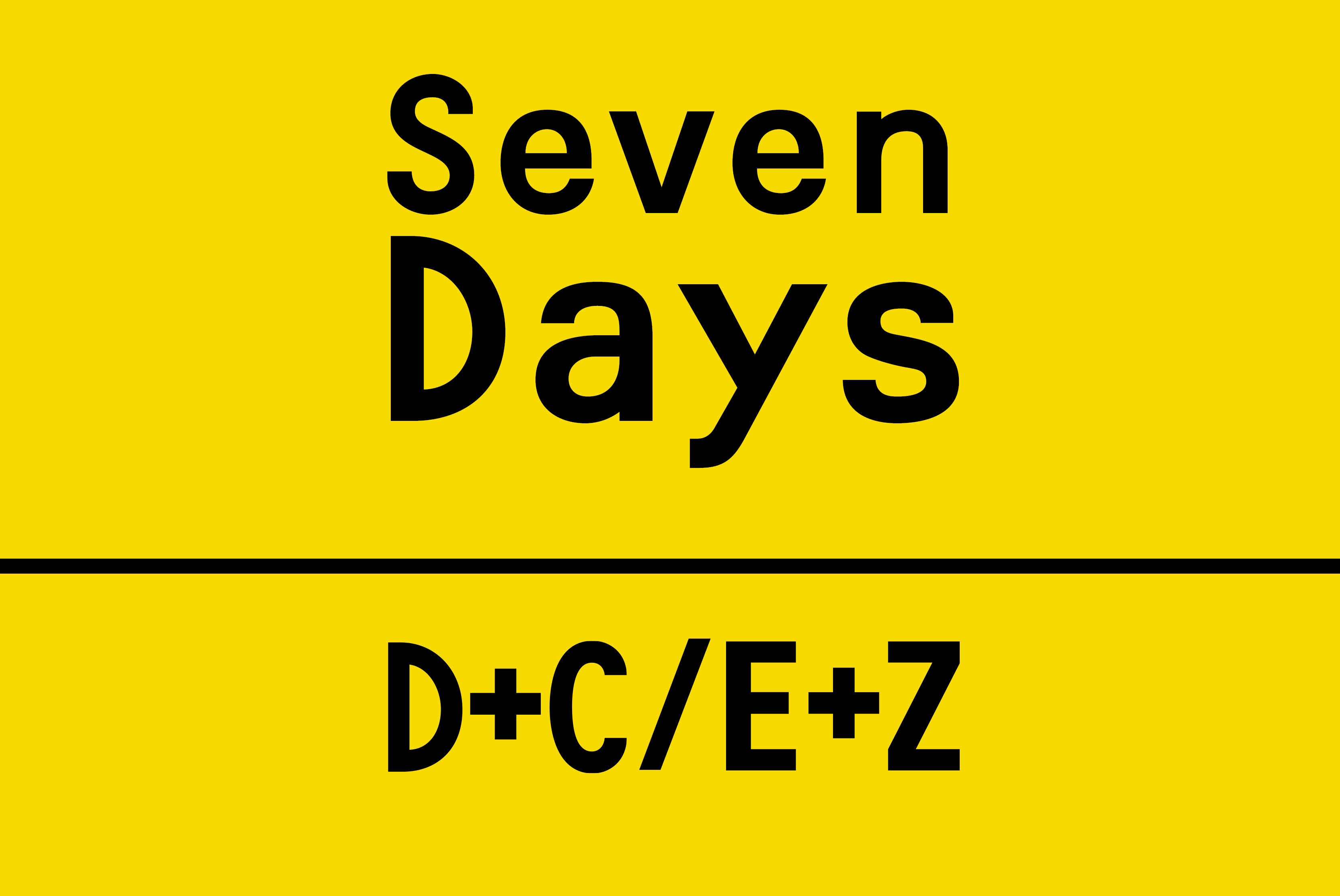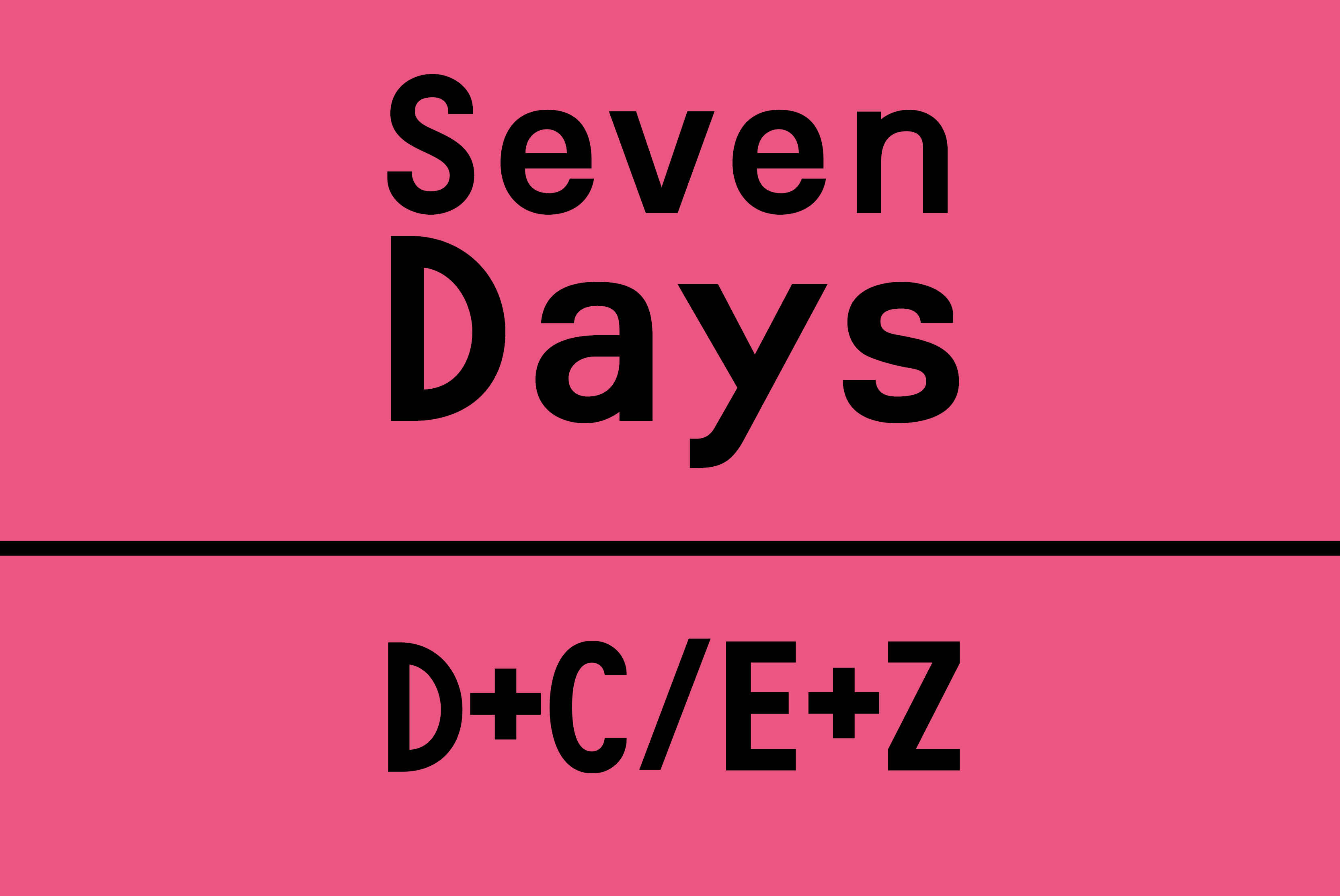In brief
News of the week

ICC’s role in Africa in doubt
After a dispute about Sudan’s president Omar al-Bashir, South Africa wants to leave the International Criminal Court (ICC). The African National Congress (ANC), the government party, stated that the ICC is no longer useful to prosecute crimes against humanity and that it will start the necessary parliamentary process to leave the The Hague-based institution, as several media reported.
Bashir, who is wanted by the ICC for genocide and crimes against humanity in Darfur, arrived in South Africa last Saturday to participate in the African Union summit. A human-rights group went to court, demanding that he be arrested. The court ruled that Bashir must not leave the country before the final judicial decision. Nonetheless, Bashir flew home on Monday before the court had ruled. Shortly after he left, the High Court in Pretoria affirmed that, being a signatory to the ICC, South Africa had the duty to arrest and extradite Bashir, who has evaded justice since the ICC indicted him 1999.
Robert Mugabe, the AU chairman and Zimbabwean president, said an increasing number of African governments felt that their countries should leave the ICC. Of 123 countries that have joined the ICC, 34 are African.
Sources: Frankfurter Rundschau, Times Live
AU pushes ahead with African Standby Force
Africa will have a united and operational military force by the end of this year, African leaders have decided at the African Union summit in South Africa. According to the summit resolution, the African Standby Force (ASF) will be established faster than previously planned so it can contribute to fighting the current wave of terrorism that is spreading in countries like Nigeria, Mali and Somalia.
The representatives of the AU’s 54 member nations also agreed to send military experts to Burundi, which has been rocked by weeks of violence over President Pierre Nkurunziza’s controversial bid for a third term. Burundi’s government said on Thursday it had agreed “in principle” to the deployment of AU personnel to monitor the elections. It rejected AU calls for further delays to the polls though. Parliamentary elections are planned for 29 June and the presidential vote for 15 July.
The summit motto was: “2015: Year of Women’s Empowerment and Development Towards Africa’s Agenda 2063”. Accordingly, leaders backed initiatives to empower women. They highlighted what they called “eradication of the hoe”, introducing up-to-date equipment for women working in agriculture. Boosting intra-African trade and infrastructure were also on the agenda. The AU started negotiations of a continent-wide free trade zone. The Continental Free Trade Agreement is set to be operational by 2017.
South Africa’s president Jacob Zuma said while the AU has made huge strides since it supplanted the Organisation of African Unity in 2002, it still had some way to go before it achieves its developmental goals. About 585 million people, or 72 % of the people in sub-Saharan Africa, still live in or at the brink of poverty, according to the UN Development Programme.
Sources: Africa News Agency, APA, AFP
Vatican launches “green” encyclical
Pope Francis believes that “man is destroying earth”. In an encyclical published on Thursday, he demands stringent climate action. The climate, according to the pontiff, is a common good, and the poor suffer most when nature is destroyed. He insists that humans must be guardians of what God has created. For developing countries, the priority must be to fight poverty, the pope argues.
Admonishing the rich world, he adds that merely focussing on profit maximisation is a distortion of economics: “We know that the behaviour of those who consume and destroy ever more is unsustainable, at a time when others are still unable to live in a way that fulfils their human dignity.” Accordingly, lifestyles must change. In the pope’s view, the “development of stronger and more effectively organised international institutions is indispensable”.
The Italian magazine l’Espresso obtained and published a draft of the encyclical a few days before the official version was launched by the Vatican. There were immediate responses. Jeb Bush, who wants to become the Republican candidate in next years presidential election in the USA, stated his policies would not be dictated by his “bishops, cardinals and pope”. Bush has converted to Catholicism. His brother and father, who both served as US presidents, are Protestants. Most Republicans in the USA deny that climate change is caused by humans, but they also emphasise their Christian faith.
Source: La Repubblica, Deutschlandfunk
Refugee numbers reach record levels
The number of refugees worldwide is higher than ever recorded before, according to the UN Refugee Agency UNHCR. Its annual Global Trends report states that 59.5 million people were forcibly displaced at the end of 2014. That is one in every 122 human beings. More than half on them are children. One year ago, the number stood at 51.2 million, and a decade ago it was 37.5 million.
The latest increase was the highest ever seen in a single year. The report states that in 2014, an average of 42,500 people became refugees, asylum seekers or internally-displaced persons every day. In total, 13.9 million had to leave their homes.
The trend is driven by the world’s many old and new conflicts. Syria has the highest numbers of both internally displaced people (7.6 million) and refugees (3.88 million at the end of 2014). Afghanistan (2.59 million) and Somalia (1.1 million) are second and third in terms of refugees.
The report points out that the global distribution of refugees remains heavily skewed away from wealthier nations and towards the less wealthy, with 86 % living in regions and countries considered economically less developed. A full quarter of all refugees are in countries that belong to the UN list of least-developed nations.
UN High Commissioner for Refugees António Guterres stated: “For an age of unprecedented mass displacement, we need an unprecedented humanitarian response and a renewed global commitment to tolerance and protection for people fleeing conflict and persecution.”
http://www.unhcr.org/2014trends/
Hong Kong rejects fake democracy
Hong Kong lawmakers have voted down a bill that would have granted fake democracy. Only eight of the 70 members of the legislative council voted in favour of an election reform proposed by Beijing on Thursday. The plan foresaw that Hong Kong’s leader would be elected by the general public from 2017 on – but only out of a small pool of candidates nominated by a committee controlled by China’s ruling Communist Party.
The reform plan had caused major protests in Hong Kong last year. The parliamentary vote was celebrated as a victory by pro-democracy activists. However it means that the current system, under which Hong Kong’s chief executive is chosen by a pro-establishment election committee, will remain in place for the time being. Joshua Wong, the 18-year-old student leader who became the public face of the protests, said: “We have defeated a bogus voting plan, but we will have to shift from playing defence to playing offense to get the election that we desire.”
Hong Kong was a British colony until 1997. After being transferred to the rule of Beijing’s government, the city was granted a high degree of autonomy and promised transition to full democracy. Tensions between Hong Kong and mainland China are high – and probably set to increase after Thursday’s vote.
Sources: Guardian, New York Times
These items were compiled by Katja Dombrowski and Hans Dembowski on the basis of international media coverage.











